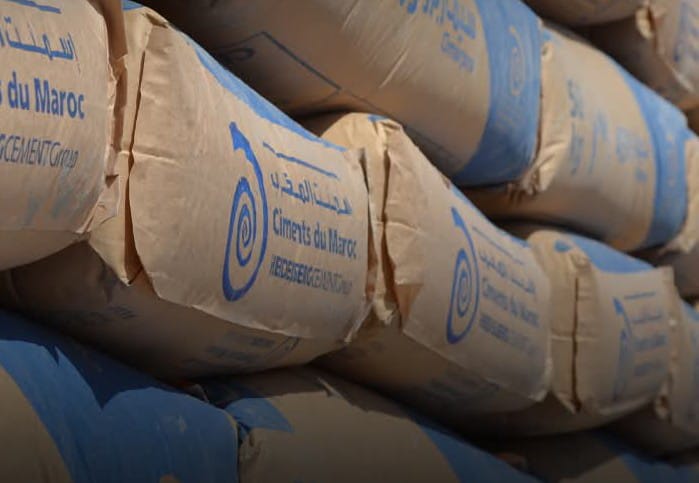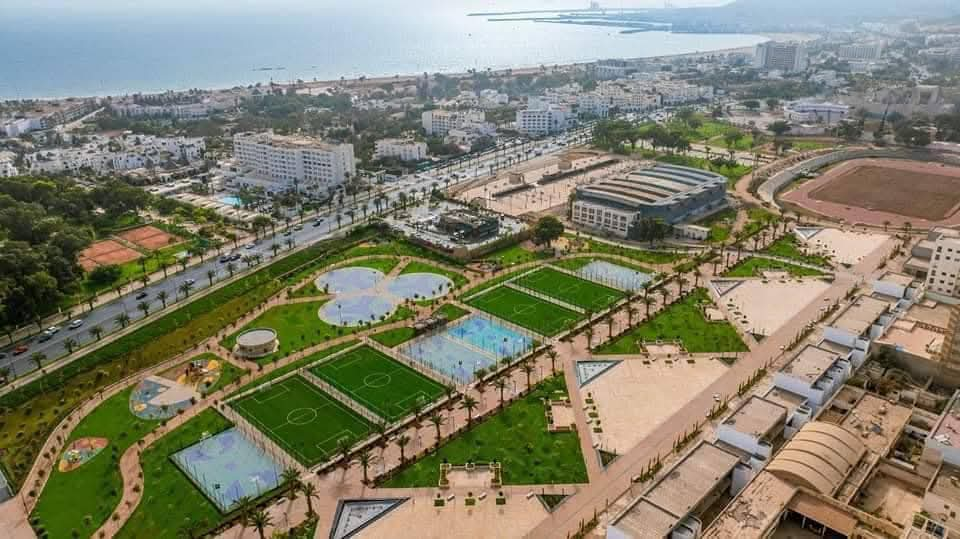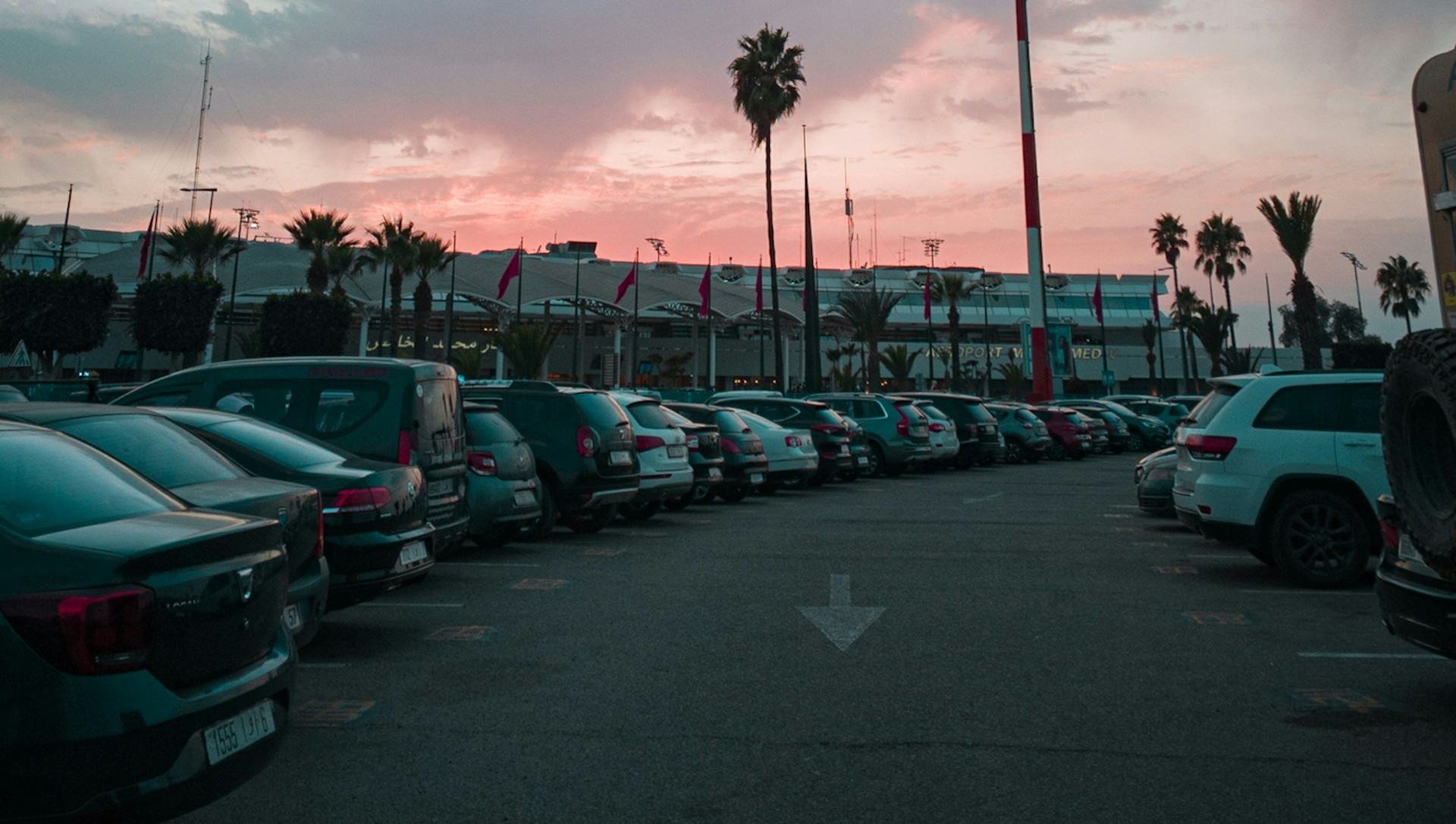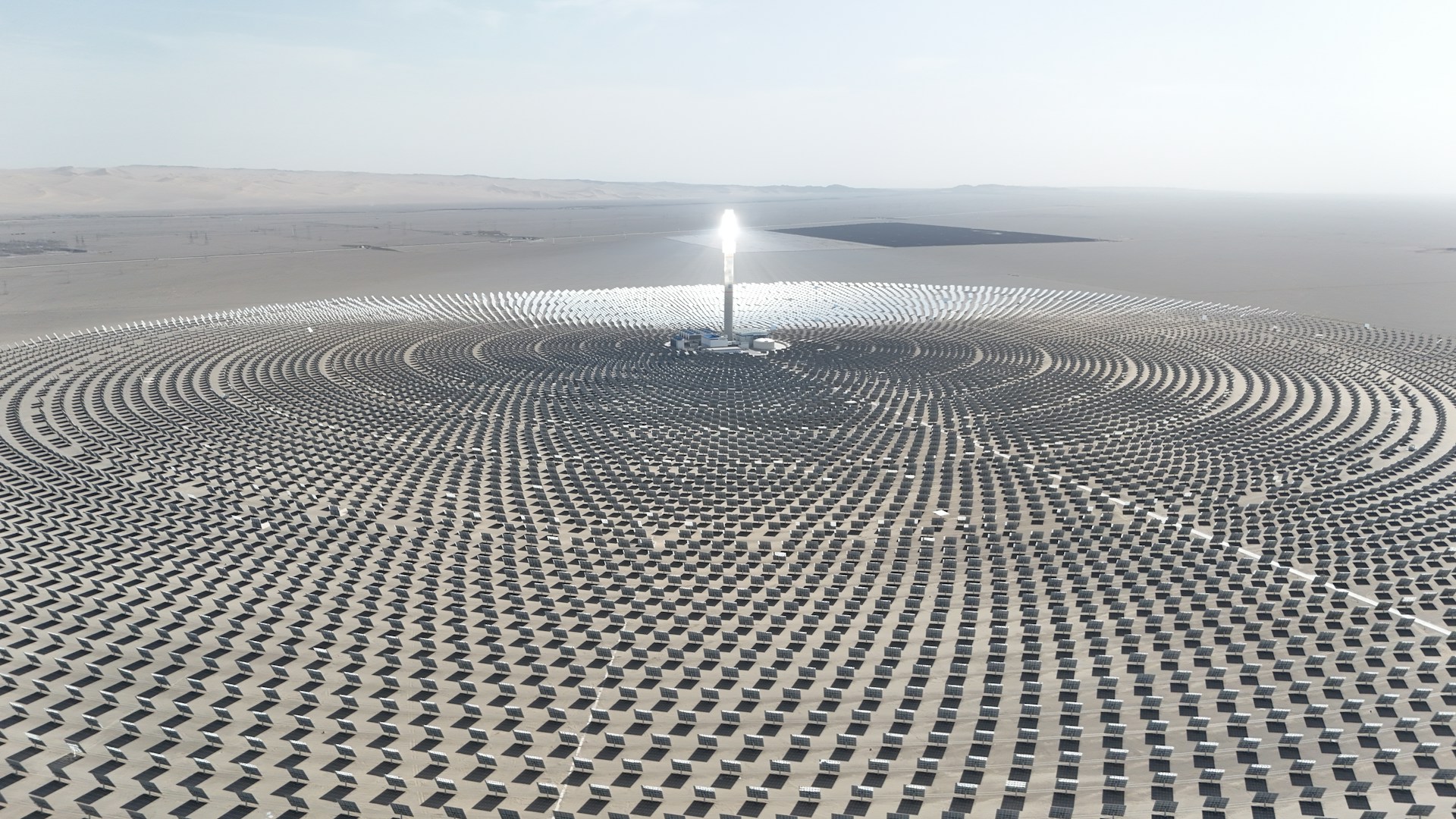Casablanca – Morocco is preparing to launch a new phase of its national digital transformation as the World Bank finalizes a financing package of $250 million to support the country’s “Digital Morocco 2030” strategy. The operation, expected to be approved at the beginning of 2026, will back a targeted sub-program of a broader government digital agenda totaling $750 million. The effort aims to modernize online public services, strengthen the digital economy, close connectivity gaps, and position the Kingdom as a competitive technological hub at the continental level.
The Ministry of Digital Transition will implement the program in coordination with the Ministry of Economy and Finance, the official borrower. The World Bank’s contribution focuses on two key objectives: improving e-government services and reinforcing the competitiveness of the digital sector. The initiative comes as Morocco experiences an economic recovery yet continues to confront structural weaknesses such as regional disparities, inadequacies in workforce skills, slow digital adoption among businesses, and persistent gaps in digital inclusion.
A digital economy below its potential
Morocco’s digital sector currently contributes around 4.5% of GDP—equivalent to about $7 billion—despite significant room for growth. Comparatively, digital activities account for 7.4% of GDP in countries with more mature service economies, highlighting the potential to expand Morocco’s digital footprint. The national strategy aims to add $10.3 billion to GDP by 2030 and create 240,000 direct jobs, in addition to improving the competitiveness of small enterprises and increasing the country’s attractiveness to international investors.
The plan was launched in September 2024 with the ambition of reducing structural barriers that hinder digital development. Challenges remain, particularly in the labor market, where the mismatch between training and employer needs is severe. Graduate unemployment stands at 19.6%, while 70% of IT recruiters report difficulties in finding qualified digital talent. Although Morocco trains around 13,000 digital professionals each year, approximately 70% of them seek opportunities abroad, intensifying concerns about the ongoing brain drain.
The digitalization of small businesses is another obstacle. Small and medium-sized enterprises, representing 99% of all companies and 72% of formal jobs, remain largely undigitalized. Only 1% are considered high-growth enterprises, and limited technology adoption continues to hinder productivity and competitiveness.
Two pillars, three accelerators, and two cross-cutting levers
“Digital Morocco 2030” is structured around two primary pillars. The first focuses on digitalizing public services to enhance efficiency and strengthen user satisfaction. This priority is underscored by Morocco’s declining performance in the United Nations e-government index, where the online services score dropped from 0.73 in 2018 to 0.56 in 2024. The decline reflects ongoing challenges related to platform integration, system interoperability, and the limited modernization of administrative processes.
The second pillar concentrates on accelerating the growth of the digital economy. Morocco’s startup ecosystem has shown resilience, with 470 startups raising $177 million in 2024. However, the sector still faces regulatory gaps, including the absence of an official legal definition of a startup and public procurement mechanisms that are not adapted to the pace of technological innovation. The offshoring industry, which remains a major employer, must also adjust to pressures stemming from automation and evolving international regulatory frameworks.
To support these pillars, Morocco’s strategy identifies three accelerators.
The first involves strengthening digital talent. Reaching the goal of training 50,000 digital professionals per year requires substantial additional investment and policy support beyond current programs.
The second accelerator concerns the development of cloud infrastructure. Morocco had 12 data centers in 2025, and the national “Morocco Cloud” initiative aims to reinforce digital sovereignty while attracting hyperscale global cloud providers.
The third accelerator centers on connectivity. The digital divide remains significant: only 4.7% of rural households have fixed internet access, compared to 36.7% in urban areas. Moreover, the country ranks 65th globally for mobile speeds and 101st for fixed broadband.
Two cross-cutting levers complete the architecture of the national strategy.
The first is artificial intelligence, where Morocco ranked 79th in the 2024 Global AI Index and is taking steps to build a stronger AI ecosystem through international participation and the development of specialized institutions.
The second is inclusive digital use. While internet penetration is high overall, women remain slightly less connected and less familiar with advanced technologies, especially in rural regions.
Two result areas supported by the World Bank
The World Bank’s $250 million financing will support two core areas aligned with the national strategy.
The first involves accelerating the modernization of e-government. This includes upgrading existing digital public services, enhancing system interoperability, adopting a “Cloud First” approach across public institutions, and expanding broadband access in underserved regions.
The second area strengthens the digital services sector by promoting the adoption of advanced digital tools and artificial intelligence among startups, offshoring companies, and small enterprises. It also aims to expand access to certified digital skills to help Moroccan firms integrate more deeply into global value chains.
A broader financing pipeline for 2026
The World Bank’s digital program is part of a larger financing pipeline in preparation for 2026. The institution is currently negotiating three additional projects: $200 million dedicated to climate resilience, $50 million to modernize the justice system, and $210 million for a new pumped-storage hydropower station designed to support renewable energy integration. These projects follow the $1.77 billion mobilized by the World Bank in 2025.
As Morocco advances toward its 2030 digital ambitions, the upcoming financing is expected to play a decisive role in removing structural barriers, strengthening institutional capacity, and accelerating the country’s technological transition. The combination of reforms, investments, and international support aims to place Morocco among the leading digital economies in Africa over the coming decade.
















